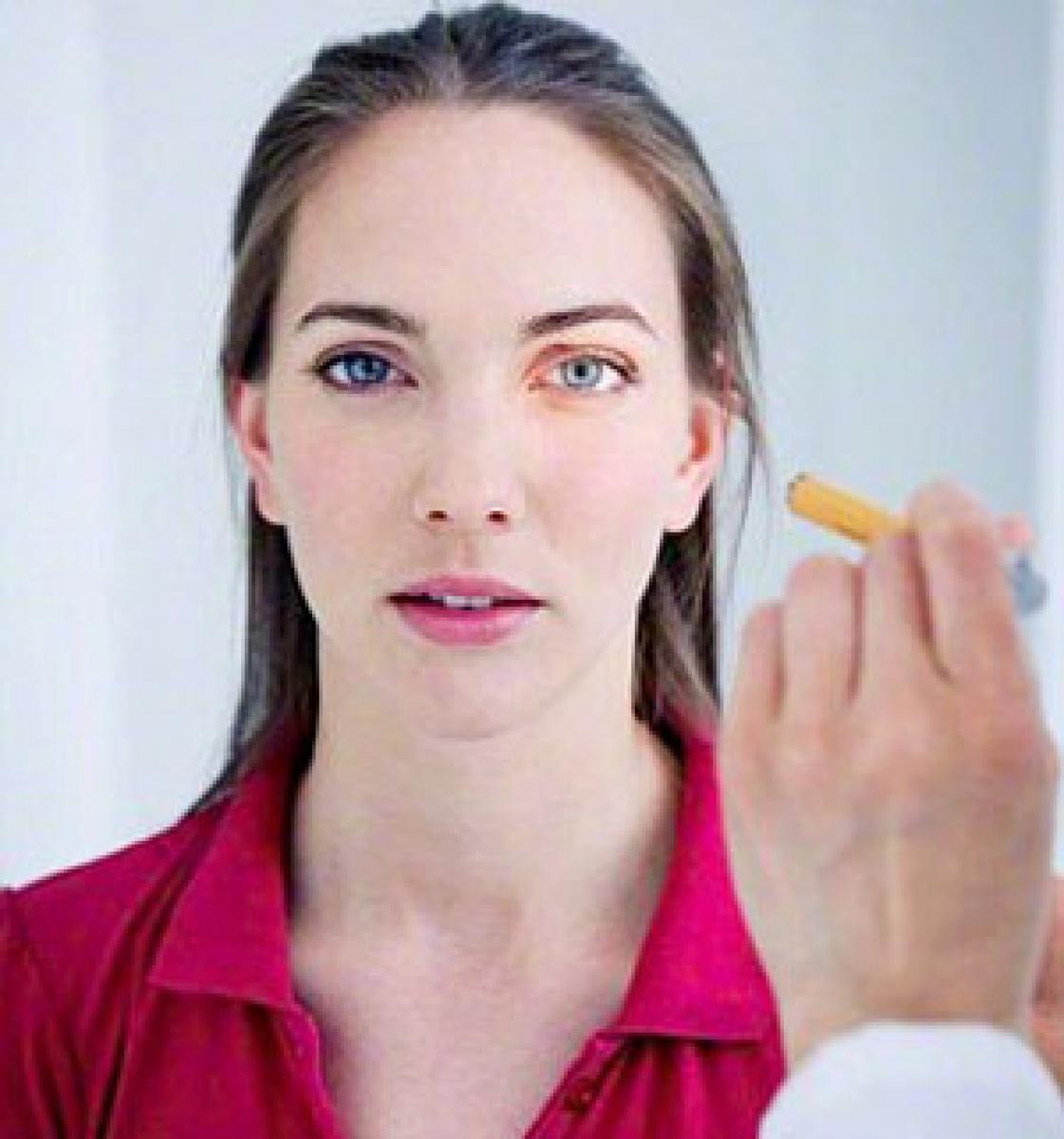Live
- NASA Issues Warning About 170-Foot Asteroid Heading Towards Earth at 47,644 KM/H
- One killed, three injured in cargo plane crash near Vilnius airport
- PM Modi opens global cooperative meet, launches UN International Year of Cooperatives 2025
- 17 missing after safari boat sinks in Egypt's Marsa Alam
- Cyberabad Police Arrest Two for ₹48 Crore Fraud in Pre-Launch Property Offers Scam
- Utpanna Ekadashi 2024: Date, Rituals, Significance, and Mantras
- Hyderabad Achieves 26% Reduction in PM10 Levels in 2023-24, Improving Air Quality
- Tired And Stressed As A Parent? Try These Easy Life Hacks
- Supreme Court issues notice on PIL seeking directions to integrate legal education, self-defence training into school curriculum
- Oneplus 13 Launch: OnePlus Vows Snapdragon 8 Elite and Hasselblad Cameras









